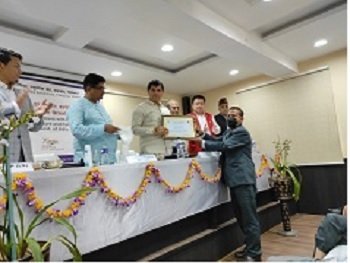Scientists develop non-toxic activated carbon from tea, banana waste
The byproduct can be useful for several purposes like industrial pollution control, water purification, food and beverage processing, and odour removal
A team of scientists have used tea and banana waste to prepare non-toxic activated carbon, which is useful for several purposes like industrial pollution control, water purification, food and beverage processing, and odour removal. The newly developed process avoids the usage of any toxic agent for synthesising activated carbon, thus making the product cost-effective as well as non-toxic.
The processing of tea generates a lot of waste, generally in the form of tea dust. This could be converted to useful substances. The structure of tea was favourable for conversion to high-quality activated carbon. However, conversion to activated carbon involves the use of strong acid and bases, making the product toxic and hence unsuitable for most uses. So a non-toxic method of conversion was needed to overcome the challenge.
Dr NC Talukdar, Former Director, Institute of Advanced Study in Science and Technology (IASST), Guwahati, an autonomous institute of the Department of Science & Technology, Government of India and Dr Devasish Chowdhury, Associate Professor, used banana plant extract as an alternative activating agent for the preparation of activated carbon from tea wastes.
Oxygenated potassium compounds contained in the banana plant extract help in activating the carbon prepared from tea waste. An Indian patent has recently been granted for this.
The banana plant extract used in the process was prepared traditionally and is known as Khar, which is an alkaline extract from the ashes of burnt dried banana peels. The most preferred banana for this is called ‘Bheem Kol’ in Assamese. Bheem Kol is an indigenous variety of bananas found only in Assam and parts of North East India. To make Khar, first, the peel of the banana is dried and then burnt to make an ash out of it. The ash is then crushed and made into a fine powder. Then using a clean cotton cloth, water is filtered through the ash powder, and the final solution that we get is called khar. The natural khar which is extracted from banana is called ‘Kol Khar’ or ‘Kola Khar’. This extract was used as the activating agent.
The main advantage of this process is that starting materials, as well as activating agents, are both waste materials. In the developed process use of any toxic activating agent (e.g., toxic acids and bases) for synthesising active carbon is avoided. Thus, this process is green for the first time plant materials have been used as an activating agent for the first time. This novel process of synthesising active carbon makes the product cost-effective as well as non-toxic.
The byproduct can be useful for several














